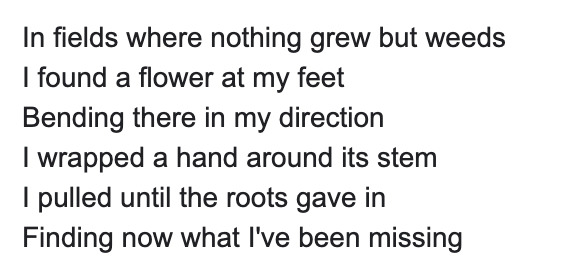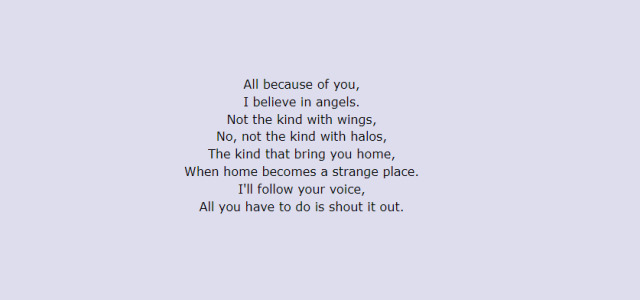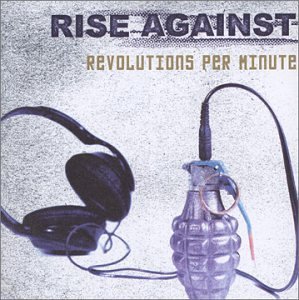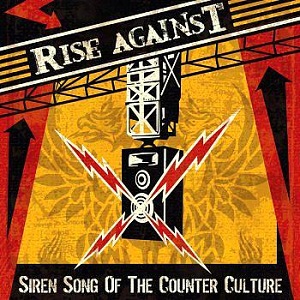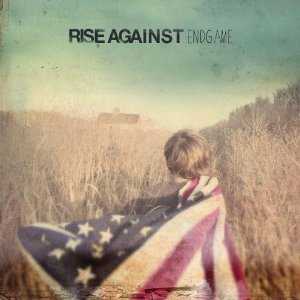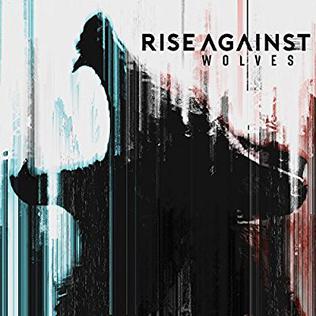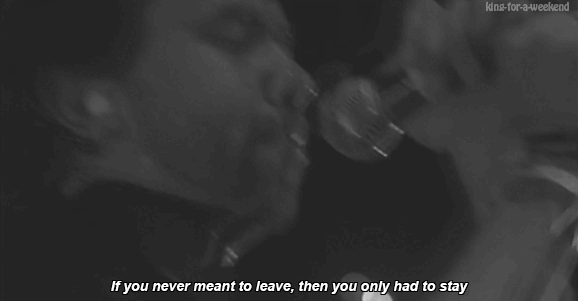
The Sufferer and the Witness is not only the best Rise Against album AND my favorite album in general, it's also just the best album of all time. Which sounds like hyperbolic exaggeration, but if you've ever listened to this album you know it's true.

It is the purest, most Rise Against record they've ever put out. I've listened to it probably a million times, and I'm still not over it. Some people may call that autism (and they're probably right) but I call it masterful craftsmanship and audiophilia. Catchy hooks and dramatic choruses? Fry screams? Octaves? Detailed imagery and political thematics with a touch of everyday despair (and impressively abstract yet poignant lyricism)? You name it. If you're a fan of melody, hardcore, the city of Chicago, suffering, witnessing, or white men with heterochromia, then this album is for you. And if not... what're you still doing here?
Chamber the Cartridge

⟶ in the introduction he says "This is Noyes" which is not only a train station in chicago (where they're from), but a double entendre because Rise Against has an EP called This is Noise circa 2007
⟶ the verse feels less like individual stanas and more of a spoken word where it's like reading a paragraph of a book that just happens to rhyme which i'm a sucker for
⟶ the pre-chorus is a great subversion of the "carrying the weight of the world" phrase, because the song is sort of about the wrongdoing of the world and the damage we've already caused. and so instead of us carrying the weight of the world, the lyrics go Blind to this impending fate / We'll let the world carry our weight / It's back breaks with every mile / But we all live in denial! and the chorus keeps this same energy by asking the listener some rhetorical questions about whether we have gone too far (Can we be saved, has the damage all been done? / Is it too late to reverse what we've become?)
⟶ the second verse is a bit more specific on the failures of humanity. the first two lines are still relatively vague, but if i had to guess might be an environmentalism plug considering their lyrical history. and the last part straight up says them. "brushing past" a homeless vet on wall street, a single mom, and a TV personality (most likely in the same time if they're going for a contrast thing). i also like the use of "brush past" because it gives the sense of numbness that you can get living in the same conditions for so long.
Ready to Fall
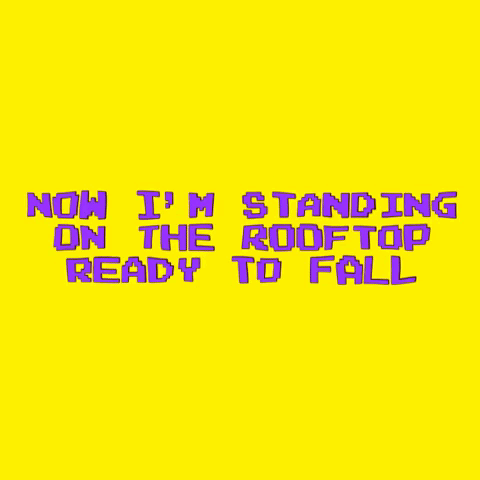
⟶ this is objectively the best song to listen and mouth to while walking down the street on a cloudy afternoon. something about suicidal ideation just makes mimicing standing on a rooftop so fun.
Bricks
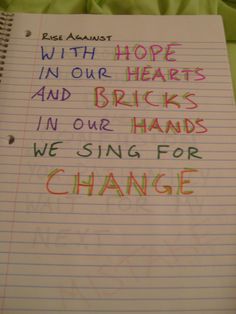
Under the Knife
Prayer of the Refugee
Drones
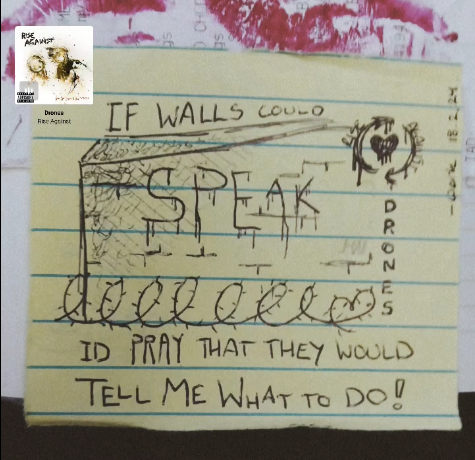
⟶ arguably one of the best transitions between two tracks on an album is that of the transition from Prayer of the Refugee to Drones; the ending guitar riff that slowly fades and compounds with the bass and drums overtop some guitar noise & signal feedback is not only catchy as all hell, but a really smart way to get people at shows to begin moshing without even having to speak
⟶ in the second half of the verse (and the bridge) the guitar strumming gets noticeably chunkier. it makes for a great segway to the chorus, where there's a lot of muting done
⟶ one of my favorite lyrics ever is in this song, and it's from the second half of the first verse that goes And if strength is born from heartbreak / Then mountains I could move / And if walls could speak I'd pray / That they would tell me what to do! it describes such a specific yet vague situation, that i still don't really know what it could mean... like the first two lines are just a very roundabout way to say that the narrator has been through a lot of suffering but the last two feels like the narrator is simply looking for guidance, and their only solace in the loneliness of their life is the walls of the places that imprison them (physically or not)
⟶ the second verse continues this theme of ambiguity, and (as an aside) has one of my favorite words in it, "save." not used as a verb, but as a preposition
The Approaching Curve
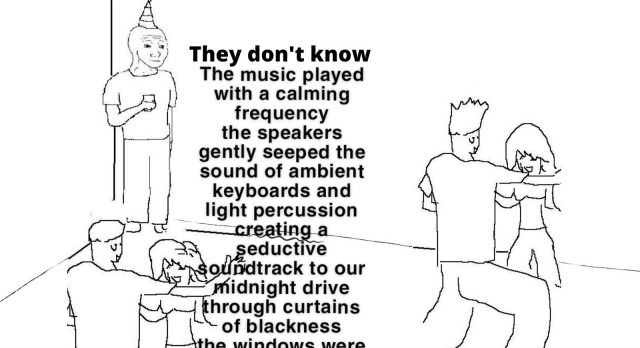
Worth Dying For
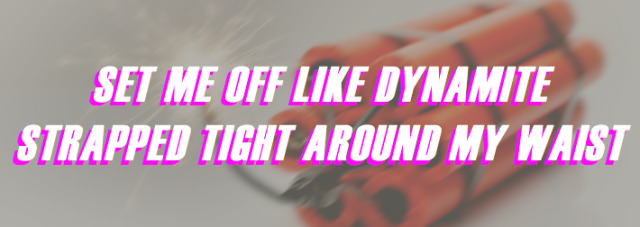
Behind Closed Doors
Roadside
The Good Left Undone
